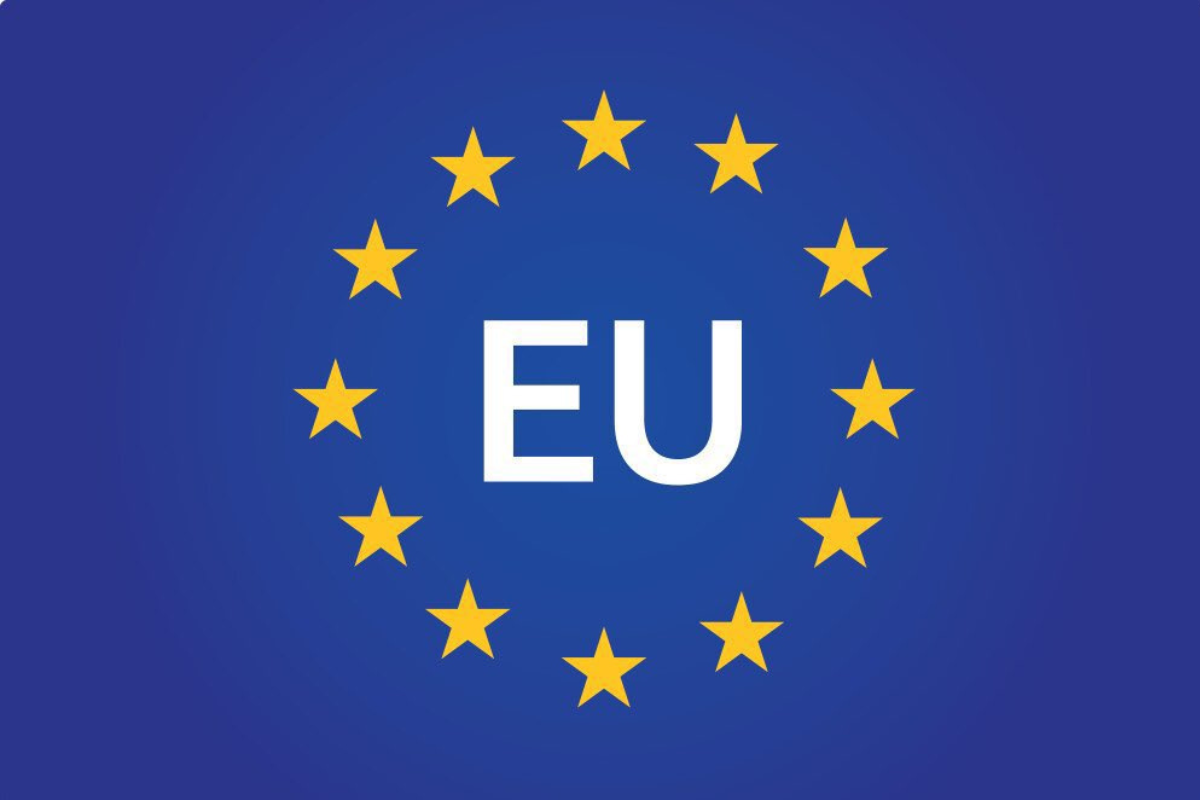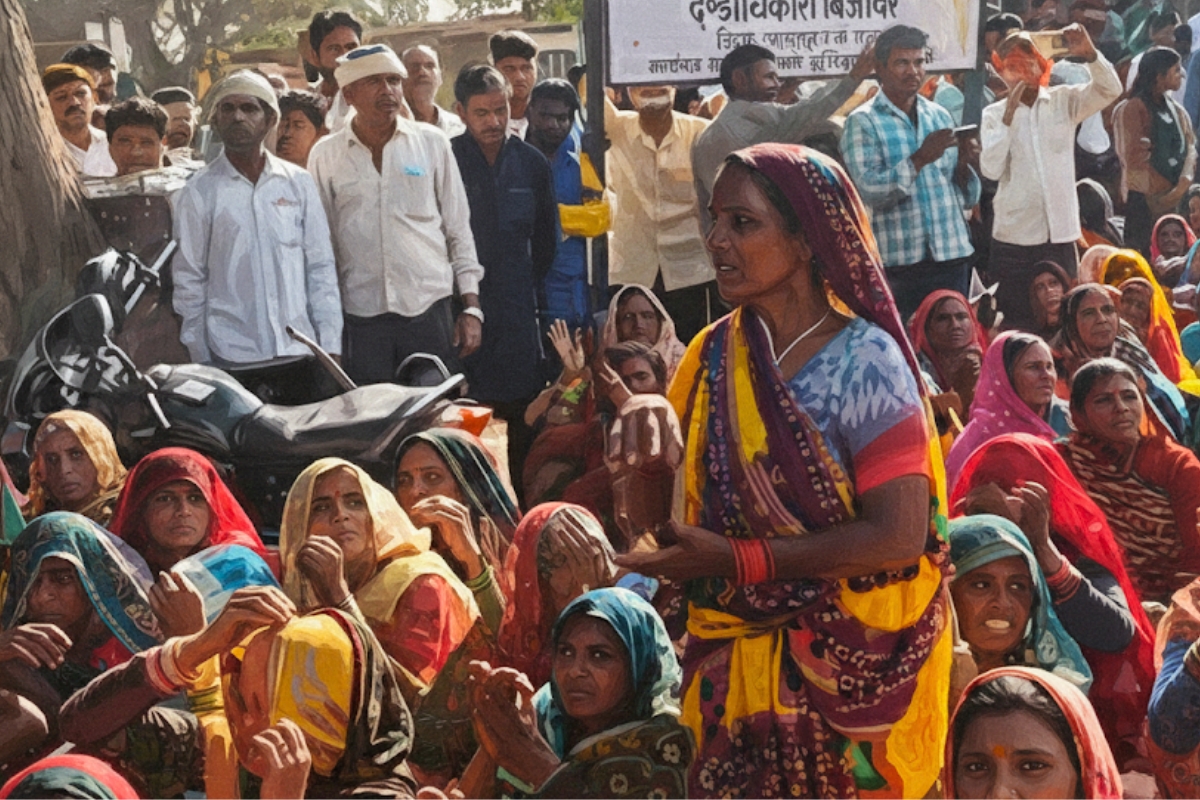The European Commission has asked people across the EU to keep enough food, water, and basic supplies to survive at least 72 hours in case of a major crisis. This move is part of a new preparedness plan aimed at helping citizens handle disasters like floods, fires, pandemics, or military attacks.
The strategy encourages people to take practical steps such as preparing emergency kits and household plans. Officials said the aim is to reduce chaos and pressure on public systems during emergencies.
The report points out growing risks, like the war in Ukraine, rising tensions with Russia, cyber threats, and attacks on important infrastructure. The EU wants people to be more prepared and able to take care of themselves if something goes wrong.
Commissioner Hadja Lahbib said, “We are telling member states: be ready for 72 hours of self-sufficiency.”
Some countries like Germany and the Nordic nations have already taken the lead. They share guides and apps to help people prepare for possible attacks or natural disasters. Sweden advises households to stock food, water, warm blankets, and a battery-powered radio. Norway includes iodine tablets in its list. Germany is asking families to set up home shelters and may soon make it a law for builders to include safe rooms in new homes.
She also included ingredients for pasta alla puttanesca, making the point that preparation doesn’t need to be complicated.
Vice-President Roxana Mînzatu compared the plan to buying accident insurance. “It’s just a way to limit suffering, cost, and damage,” she said. She admitted she doesn’t have a 72-hour kit herself due to a mobile lifestyle but called for a shift in mindset across Europe.
Today, the EU launches its new #Preparedness Strategy.
“Ready for anything” — this must be our new European way of life. Our motto and #hashtag. pic.twitter.com/fA1z8ZvMDA
— Hadja Lahbib (@hadjalahbib) March 26, 2025
In a video posted on social media, Lahbib showed her own emergency kit. It includes:
| Category | Items |
|---|---|
| Water | – 6 liters per person (2 liters/day for 3 days) |
| Food | – Ready-to-eat canned food – Dry snacks – Energy bars |
| – Manual can opener | |
| Shelter & Warmth | – Blankets or sleeping bags – Warm clothes – Rain protection |
| Health & Hygiene | – Basic first-aid kit – Personal medications (3-day supply) |
| – Soap – Hand sanitizer – Wet wipes – Toilet paper |
|
| – Face masks | |
| Light & Power | – Battery-powered or hand-crank torch – Extra batteries |
| – Power bank for mobile devices | |
| – Candles and matches/lighter (waterproof if possible) | |
| Communication & Tools | – Battery-powered or crank radio – Fully charged mobile phone |
| – Emergency contacts saved – Whistle for signaling |
|
| – Multipurpose tool or Swiss army knife | |
| Identity & Money | – ID documents in waterproof casing – Some cash (small bills) |
| – Copies of important documents | |
| Extras | – Plastic bags for waste and storage – Duct tape |
| – Notepad and pen – Playing cards or small games |
Europe is facing more security threats than before. There are concerns about Russia’s actions, cyberattacks, and energy problems. NATO’s leader, Mark Rutte, has even warned that Russia could attack Europe by 2030.
EU Commission President Ursula von der Leyen said, “The world is changing, and we need to be ready. Our citizens and countries must be prepared to handle crises and respond quickly.”
The EU says people should have enough food, water, medicine, flashlights, ID papers, and radios to last at least three days. The report explains that the first 72 hours of a crisis are the most important, and having supplies ready can help keep people safe.
Some countries, like Germany and Sweden, have already updated their emergency plans. Germany has a new defense strategy, while Sweden has refreshed old Cold War safety advice to fit today’s risks.
The EU also wants schools to teach kids how to prepare for emergencies. Lessons could include survival skills and ways to spot false information during a crisis. The goal is to make sure young people grow up knowing how to handle tough situations.
While officials don’t want to scare people, they say it’s important to be ready. EU Commissioner Hadja Lahbib said, “We need to make sure people have what they need to get through at least 72 hours of an emergency.”
Besides asking people to prepare, the EU also plans to create a backup supply of important items. This includes medical supplies, energy equipment, firefighting planes, and protection against chemical or nuclear threats.
Some EU countries, like Finland and France, already have strong emergency plans. But the EU wants all member countries to work together so everyone is better prepared for any crisis.
With the world becoming more uncertain, the EU’s new advice is a reminder that being ready can help keep people safe and reduce the impact of disasters.
Support us to keep independent environmental journalism alive in India.
Keep Reading
California Fires Live updates: destructive wildfires in history
Hollywood Hills burning video is fake and AI generated
Devastating wildfire in California: wind, dry conditions to blame?
Los Angeles Cracks Under Water Pressure
From tourist paradise to waste wasteland: Sindh River Cry for help
Follow Ground Report on X, Instagram and Facebook for environmental and underreported stories from the margins. Give us feedback on our email id greport2018@gmail.com.
Don’t forget to Subscribe to our weekly newsletter, Join our community on WhatsApp, and Follow our YouTube Channel









